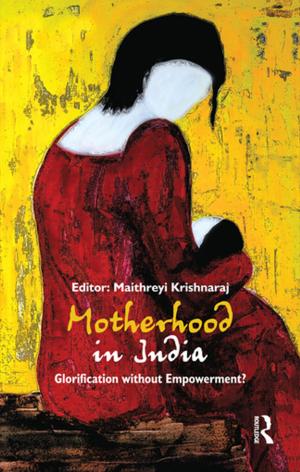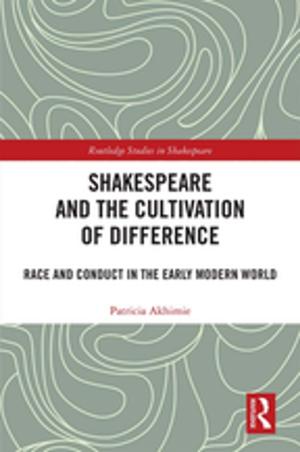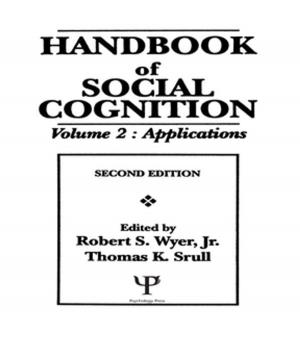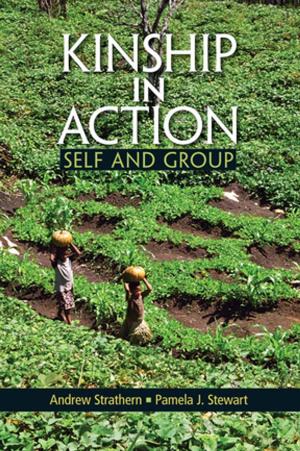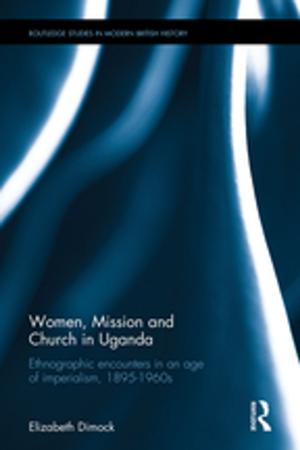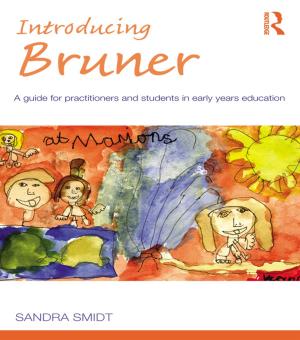The Writings of Hesba Stretton
Reclaiming the Outcast
Fiction & Literature, Literary Theory & Criticism| Author: | Elaine Lomax | ISBN: | 9781351880213 |
| Publisher: | Taylor and Francis | Publication: | December 5, 2016 |
| Imprint: | Routledge | Language: | English |
| Author: | Elaine Lomax |
| ISBN: | 9781351880213 |
| Publisher: | Taylor and Francis |
| Publication: | December 5, 2016 |
| Imprint: | Routledge |
| Language: | English |
Highly respected as a writer by critics and commentators, Hesba Stretton (1832-1911) was a vigorous campaigner for the rights of oppressed minorities and a founding member of the London Society for the Prevention of Cruelty to Children. Though she is known today primarily as a writer of evangelical fiction for young people, including Jessica's First Prayer, this characterization fails to acknowledge the extensive range of her writings and social activism. Elaine Lomax re-examines Stretton's writing for children and adults, situating her body of work within the broad social and cultural context of its production to expose the depth and complexity of Stretton's engagement with contemporary ideas, debates, and discourses. Mining nineteenth-century periodicals, archival materials, and the minutes of the Religious Tract Society, as well as Stretton's own revealing log books, Lomax demonstrates Stretton's preoccupation with those at the bottom or on the margins of society. At the same time, she advances our understanding of the intersection of cultural and literary representations of the child and childhood with wider images of the colonized or excluded, and our knowledge of the history and development of juvenile literature and women's writing.
Highly respected as a writer by critics and commentators, Hesba Stretton (1832-1911) was a vigorous campaigner for the rights of oppressed minorities and a founding member of the London Society for the Prevention of Cruelty to Children. Though she is known today primarily as a writer of evangelical fiction for young people, including Jessica's First Prayer, this characterization fails to acknowledge the extensive range of her writings and social activism. Elaine Lomax re-examines Stretton's writing for children and adults, situating her body of work within the broad social and cultural context of its production to expose the depth and complexity of Stretton's engagement with contemporary ideas, debates, and discourses. Mining nineteenth-century periodicals, archival materials, and the minutes of the Religious Tract Society, as well as Stretton's own revealing log books, Lomax demonstrates Stretton's preoccupation with those at the bottom or on the margins of society. At the same time, she advances our understanding of the intersection of cultural and literary representations of the child and childhood with wider images of the colonized or excluded, and our knowledge of the history and development of juvenile literature and women's writing.

